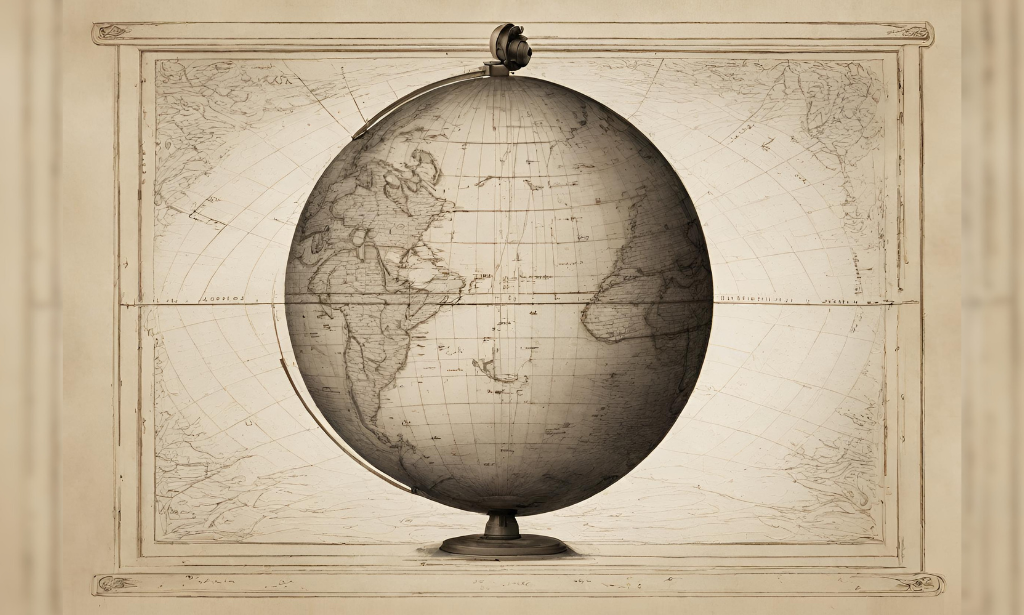Leap Year: The Science, Traditions, and Quirks of an Extra Day
Did you know that the Earth isn't the most punctual planet? It takes a little longer than a tidy 365 days to make one full orbit around the sun. That small difference is why we have leap years, and trust me, it gets a whole lot more fascinating than just an extra day in February.

The Science Behind That Extra Day
Let's spill the cosmic tea: the Earth takes around 365 days, 5 hours, 48 minutes, and 45 seconds to complete its yearly sun-circling journey. Seems pretty close to 365 days, right? This extra bit might seem small, but over time that missing quarter of a day adds up.
Leap Years: Keeping Us in Sync
If we didn't have leap years, our calendar would get seriously out of whack with the seasons. Imagine if summer slowly drifted into where we'd usually be celebrating Christmas! Leap years are how we fix that, like a little calendar tune-up to stay aligned with our place in space.
The Century Rule: It's Not as Simple as You Think
Now, most years divisible by 4 get to be leap years. But there's a twist – century years like 1800 or 1900 don't get an extra day. It seems fussy, but there's a reason! To be even more precise, a century year has to be divisible by 400 to be a leap year. It's all about keeping that calendar accurate!
Leap Year Babies and Quirky Traditions
Welcome to the World, Leaplings!
If you were born on February 29th, you're part of a unique club called "leaplings" or "leapers." You have a birthday that only comes around every four years. So, when do you celebrate on regular years? That's up to you – some leaplings go with February 28th, while others prefer March 1st.
Leap Day Proposals: Switching Things Up
February 29th holds a special tradition in some cultures. It was considered a day where women could propose to men! This dates back to an old Irish tale and was a way to break out of the usual gender roles. Pretty cool, huh?
Bad Luck or Lucky Charms?
Not all leap year lore is sunshine and rainbows. In some places, leap years are actually considered unlucky. It's a little superstitious, but it adds an interesting layer to the whole "extra day" phenomenon.
Fun Leap Year Facts to Impress Your Friends
Ready for a mind-blowing fact attack? Here we go:
* Olympic Rhythm: Ever notice that the Summer Olympics are always in a leap year?
* Legal Limbo: Things like contracts might have special rules on February 29th, making that extra day unusual even in the eyes of the law!
* Leap Year Capitals: Two towns, Anthony (Texas/New Mexico) and St. Ann (Missouri), both think they're the Leap Year Capital of the World. Double the fun on February 29th!
Conclusion
And there you have it! Leap year isn't just about an extra day on the calendar. It's science, it's tradition, and a sprinkle of the unexpected. So the next time a leap year rolls around, remember that it's more than meets the eye.
FAQs
- Q: When is the next leap year?
A: The next leap year will be in 2024. - Q: How likely is it for someone to be born on Leap Day?
A: The odds of being a leapling are about 1 in 1,461. - Q: Are all years divisible by 4 leap years?
A: Mostly yes, but century years (like 1900) are only leap years if they're also divisible by 400 (like the year 2000). - Q: Why are leap years important?
A: Leap years keep our calendar synced with the Earth's orbit around the sun, preventing our seasons from drifting over time. - Q: Do other planets have leap years?
A: The concept of leap years is based on Earth's orbit. Other planets have different orbital periods, so their calendars would work differently.

You must be logged in to post a comment.